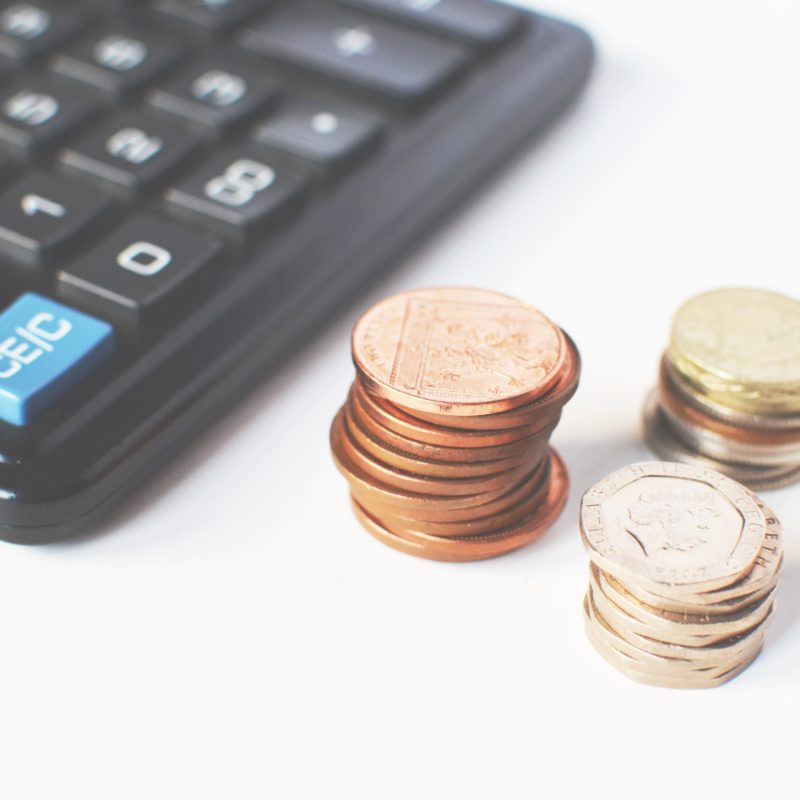As an individual who has chosen the path of self-employment, you enjoy the freedoms that come with being your own boss: setting your hours, choosing your projects, and steering your career. However, with that autonomy comes the responsibility of ensuring your financial stability, not just now but well into the future.
One of the most critical aspects of that security is your pension. You may wonder why a pension is essential or how it differs from standard savings. The truth is, your future comfort, your peace of mind during retirement, and the lifestyle you wish to maintain all hinge on the decisions you make today about your pension.
Pensions for the self-employed are not as straightforward as those for employed individuals, who often have schemes set up by their employers. You have to take the initiative to set up and manage your pension, navigating an array of options and regulations. It sounds confusing, so many put it off, however this guide will walk you through what you need to know about pensions, why they are crucial for you as a self-employed individual, and how you can effectively secure your financial future.
The Importance of Pensions for the Self-Employed
You might be asking yourself, “Why are pensions so important for someone like me?” As a self-employed individual, you don’t have the luxury of a company pension scheme, where contributions are automatically deducted from your salary. This leaves you in a position where you must be proactive about your retirement savings. Pensions are more than just a savings pot; they represent your future quality of life.
The significance of a pension lies in its purpose to provide you with a stable income when you decide to reduce your workload or retire completely. Without a pension, you might find yourself reliant solely on the state pension, which may not be enough to maintain the standard of living you’re accustomed to. Moreover, pensions have favourable tax treatment, which can help you grow your retirement pot more efficiently.
Establishing a pension as a self-employed individual also instils a discipline of regular savings. It ensures that you are putting aside money specifically for retirement, which can be easy to overlook when you’re caught up in the day-to-day running of your business. A pension is a long-term investment in yourself and enables you to plan for a future where your business activities might slow down or stop altogether.
Understanding Pensions: Definition and Types
To make an informed decision about your pension, it’s essential to grasp what pensions are and the various types available to you. In its simplest form, a pension is a long-term savings plan designed to provide you with an income in retirement. The money you contribute is invested over the years to grow your savings, and upon reaching retirement age, you receive this money back, either as a regular income or in lump sums, depending on your pension type.
In the UK, there are several types of pensions that you might consider. The state pension is provided by the government and is dependent on your National Insurance contribution history. Then there are workplace pensions, which are organised by employers. While these aren’t directly applicable to you as a self-employed individual, they’re worth mentioning as a comparison point.
For the self-employed, personal pensions are the most relevant. These include the standard personal pension, where you choose the provider and make contributions; the self-invested personal pension (SIPP), which offers more control over investment choices; and the stakeholder pension, which has capped charges and flexible contribution options. Each type has its nuances, benefits, and considerations, which we will explore further.

Pensions and the UK Tax System
Navigating the UK tax system can be a complex affair, but understanding how it interacts with pensions can be beneficial for your finances. When you contribute to a personal pension, you receive tax relief at the highest rate of income tax you pay. This means that for every £80 you put into your pension, the government will add another £20, effectively giving you back the tax you would have paid on that income. If you’re a higher or additional rate taxpayer, you can claim back even more through your tax return.
The tax advantages don’t stop there. The money within your pension grows largely free of Income Tax and Capital Gains Tax, allowing for more substantial growth over time. You should also be aware of the annual allowance, which is the limit on how much you can contribute to your pension each year while still receiving tax relief. As of the time of writing, this allowance is typically £60,000 or 100% of your earnings, whichever is lower.
It’s also important to note the Lifetime Allowance, which is the total amount you can hold in all your pension schemes without triggering an extra tax charge when you withdraw funds. Understanding these tax implications can help you plan your contributions and avoid unnecessary tax charges.
How to Set Up a Pension if You’re Self-Employed
Setting up a pension when you’re self-employed is a straightforward process that can lead to significant financial benefits in the future. The first step is to decide which type of pension is right for you. Consider your investment preferences, the level of control you want, and how hands-on you wish to be with your pension investments. You might opt for a standard personal pension for simplicity or a SIPP for more investment options.
Once you’ve chosen the type of pension, you’ll need to select a provider. Look for providers with a solid track record, reasonable fees, and good customer service. Compare the investment options they offer and the potential growth rates. It’s crucial to read the terms and conditions carefully to understand what you’re signing up for.
After selecting a provider, you’ll need to decide how much you can afford to contribute regularly. Even small, regular contributions can grow into a significant pension pot over time, thanks to compounding interest and tax relief. Set up a direct debit to make your contributions automatic, making it easier to maintain discipline in your savings habit.
Options for Pensions for Self-Employed Individuals in the UK
When it comes to choosing a pension, self-employed individuals in the UK have several options. The standard personal pension is a common choice, where you make regular contributions, and the provider invests the money on your behalf. You have a range of funds to choose from, but the provider manages the investments.
If you’re looking for more control over your investments, a SIPP might be the better option. With a SIPP, you have a broader range of investment choices, including stocks, bonds, and even property. However, this comes with a greater need for financial knowledge and a willingness to take a more active role in managing your pension.
Another option is the stakeholder pension, which is designed to have low and capped charges, flexible contributions, and a default investment strategy if you don’t want to choose your investments. This might be suitable if you’re looking for a more straightforward, low-maintenance option. Each of these pensions has its unique features, and the right choice depends on your individual circumstances and retirement goals.

Tips for Maximising Your Pension Contributions
To make the most of your pension, it’s important to maximise your contributions. Start by contributing as much as you can afford, considering your current income and expenses. It might be helpful to review your budget to find areas where you can cut back to allocate more towards your pension. Remember, the more you contribute, the more you benefit from tax relief and potential investment growth.
Another tip is to increase your contributions as your income grows. If you have a good year in business, consider making a larger pension contribution to take advantage of the tax relief. You can also carry forward unused allowances from the previous three tax years, which can be particularly useful if you have fluctuating income.
Regularly review your pension performance and the fees you’re being charged. High fees can eat into your returns, so it’s worth shopping around or negotiating with your provider for better rates. Ensure that your investments align with your risk tolerance and retirement goals, and adjust them if necessary.
Overcoming Common Challenges in Pension Planning for the Self-Employed
Pension planning for the self-employed comes with its own set of challenges. One of the most common is irregular income, which can make regular contributions difficult. To overcome this, you can make contributions when you can afford to, perhaps after a large project or during a profitable period. Setting aside a percentage of your income for your pension can also help in managing contributions.
Another challenge is a lack of understanding of how pensions work and the best options for the self-employed. This can be addressed by seeking advice from a financial advisor who can provide clarity and tailor a pension plan to your needs. Additionally, staying informed about changes in pension regulations and tax laws is crucial for effective planning.
Your pension is more than just a financial product; it’s a cornerstone of your future well-being. As a self-employed individual, taking control of your pension planning is crucial to ensuring that you can maintain your desired lifestyle in retirement. By understanding the importance of pensions, the tax benefits they offer, and the options available to you, you can make informed decisions that will secure your financial future.
Maximising your pension contributions, overcoming planning challenges, and staying informed about your pension are all essential steps in this journey. Remember, the efforts you put into your pension today will define the comfort and security you enjoy tomorrow. Therefore, take the time to set up and regularly contribute to a pension plan that suits your needs.
Your future self will thank you for the foresight and commitment you showed in securing a stable and prosperous retirement. And remember, it’s never too late to start planning for your retirement, but the earlier you begin, the better off you’ll be. Take action now to secure your financial future.
 Jason Cannon
Jason Cannon
Managing Director and Figures UK Founder
No matter the size of your business, whether you’re a sole trader or a Limited company, when it comes to accounting, it can be a little confusing to say the least.
That’s where we come in. We’re on hand to listen, advise and provide our expert support.
You can find lots more useful information in our blogs below or get in contact with us.




